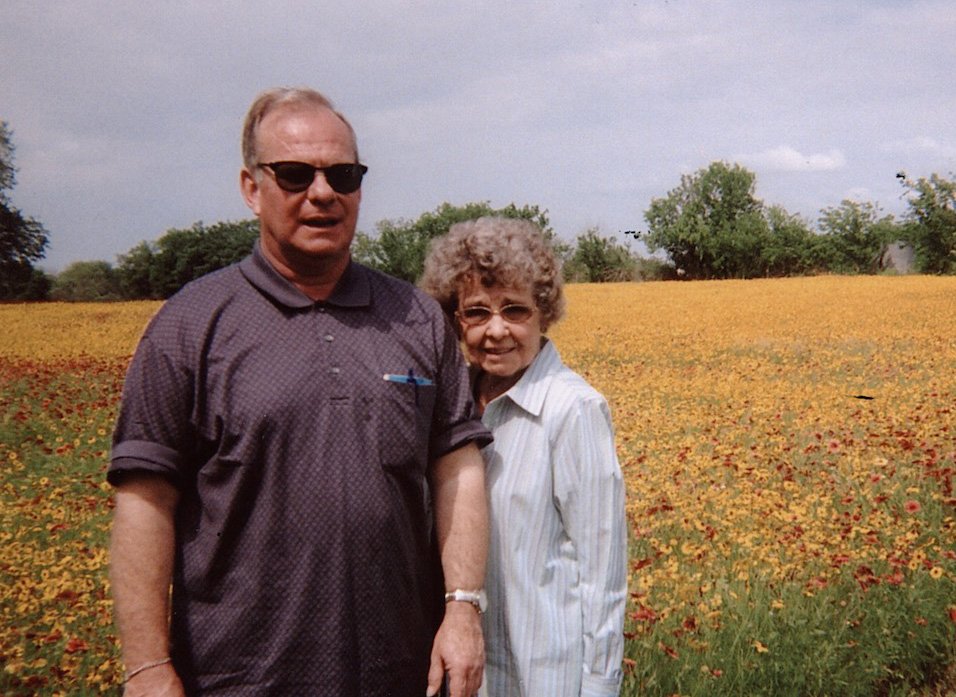Catherine’ Story
My mother lived to be 93 years old. For 63 years, she provided a home and care for my brother with autism. To say she was devoted to him would be an understatement. He was her mission in life. Her true companion.
As she entered her mid-80’s, I began trying to convince her to find a suitable care provider and home where he would be taken care of as she aged further. She would visit homes with me, but rejected all of them. We argued frequently until I realized, as she turned 90, that letting go of my brother was impossible for her. I stopped arguing, but I would soon realize that the anger it created in her was planted deep in her memories.
At 91, I started noticing changes in her behavior. She would ask the same question over and over, laughing and saying “I wasn’t paying attention.” She became irritable with me, accusing me of trying to “take your brother away from me,” or getting angry with me over the slightest things. I knew something was off. My mother was a sweet person who never said a bad word about anyone.
One day I saw an ad for a speaker on the topic of dementia. Listening to Tam Cummings describe dementia and how it affects behaviors was a revelation. Up until that time, I thought dementia only affected memory. I left that meeting knowing that my mother had the beginning stages of vascular dementia, because I knew she had suffered several mini-strokes over the years.
As the next two years progressed, I watched helplessly as her health and abilities declined. She fell many times, which resulted in a broken arm and hip. Finally, I had to place her in a memory care community. There, she would lash out at me frequently. She blamed me for “ruining her life” and “keeping your brother away from me.” It was a truly hurtful, bewildering experience to see my mother change from a person I always relied on for good advice and someone who was always on my side, to this angry, bitter person who blamed me for her unhappiness.
These types of behaviors and harsh words leave scars that can take years to fade. The guilt you feel is very real. You hope you made the right decision in finding a care facility. You question everything you did from the time you realized the disease had taken hold, until the very last breath. It’s truly a long goodbye, filled with anxious moments and many regrets.
Fortunately, over time my mother calmed down under the care she received, and in the end, we were able to recapture some good moments, filled with laughter and mutual caring and respect. Those are the days I think of now, plus all the good days before the disease took hold. If this story strikes a note in you, I hope it helps to know that the most important part of the journey is to finally let go of guilt and bad memories and remember your loved one for who they were for many, many years and not the years when dementia turned them into a stranger and stole them away from you.

